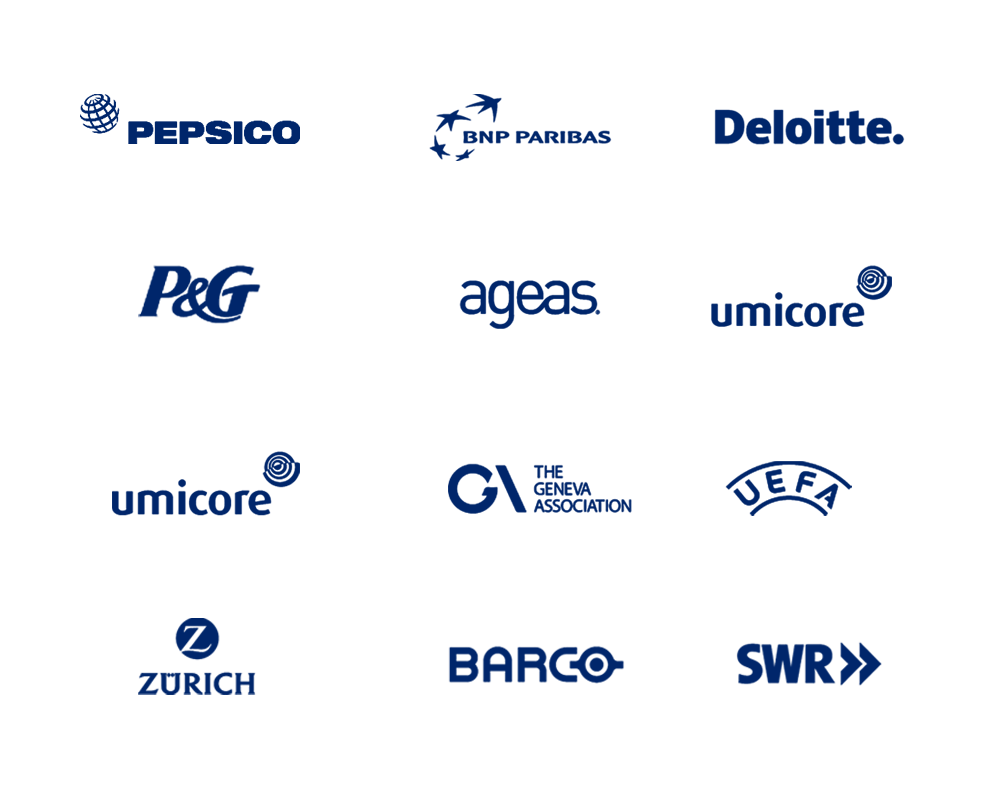How Artificial Intelligence is Reshaping the Modern Workplace
AI is transforming workplaces by enhancing decision-making and evolving job roles, focusing on augmenting rather than replacing human efforts.

Artificial Intelligence (AI) has been a hot topic in the news and the subject of countless articles. You might wonder, "Why should I read yet another article on AI?" The answer lies in the unique perspective we bring: focusing on the practical and transformative aspects of AI in the workplace. This article delves into how AI is not only changing job roles and enhancing decision-making but also revolutionizing the very nature of how we work.
AI's efficiency leap
Shifting the landscape of daily work, the automation of routine tasks is a pivotal change across industries. In finance, for instance, AI-driven tools are automating complex data analyses, while in manufacturing, they streamline assembly lines for enhanced productivity. This evolution isn't about replacing human effort; it's about reallocating it to areas where human skills excel — critical thinking, strategic planning, and creative problem-solving.
To keep up with the changing needs of the industry, employees are now being urged to acquire new skills. This skill development balances AI efficiency and invaluable human insight and oversight. Looking ahead, we can anticipate more sophisticated AI tools that will continue to reshape workplace dynamics, offering both challenges and opportunities for businesses and their workforces.
Strategic insights through AI
In today's data-driven world, the complexity and volume of information present significant challenges in decision-making. AI has emerged as a crucial tool, transforming this challenge into an opportunity for strategic insight and innovation.
By applying advanced algorithms, AI enables businesses to sift through and interpret complex data sets quickly, leading to more informed and timely decisions. This capability is a game-changer, especially in environments where rapid and accurate decision-making is critical.
Beyond data processing, AI uncovers hidden patterns and insights. This aspect is particularly transformative in sectors such as retail, healthcare, and finance, where understanding subtle market trends and consumer behaviors can greatly influence strategic directions and outcomes.
Read: Trensition's Moonshot Thinking: Making the Future Less Uncertain
AI's contribution to decision-making also fosters a culture of inclusivity within organizations. It empowers various levels of management to access and interpret essential data, promoting a collective approach to strategy and planning.
This inclusive decision-making process ensures that strategies are well-rounded, informed by diverse insights, and aligned with the organization's holistic goals.
Career evolution in the AI era

The birth of Artificial Intelligence is creating a demand for new job roles and skillsets in the corporate landscape. Emerging positions in AI management, data analytics, and machine learning signify a shift towards a blend of technical know-how and strategic thinking.
Alongside these technical skills, soft skills such as creative problem-solving, adaptability, and ethical understanding remain essential, ensuring the human element thrives in an AI-driven environment.
Transitioning into this new era is not solely about introducing new roles; it's equally about upskilling current employees. Companies must provide comprehensive AI skills training, covering AI basics, data literacy, and practical applications across job functions while fostering a culture of continuous learning and curiosity in AI.
Actively participating in AI projects and seeking mentorship from experts can effectively bridge the knowledge gap. Additionally, workshops focused on AI ethics and its societal impact are crucial for gaining a well-rounded understanding of the field.
In essence, fostering a workplace that views adapting to AI as both a personal development journey and a strategic business move is paramount for any organization's future resilience and success.
Redefining work with AI
Integrating AI into the workplace goes beyond just creating new roles; it's fundamentally redefining the essence of work itself. In this AI-augmented era, we witness a significant shift from routine task execution to strategic and analytical thinking, reshaping the future of work with AI. This transformation makes work processes more dynamic, with AI providing critical insights that drive innovation and inform strategic decisions.
This evolution promotes collaboration between AI tools and human intelligence, revolutionizing problem-solving in professional environments. AI's predictive insights help teams proactively anticipate challenges and opportunities, contrasting past reactive methodologies.
Read: 5 Societal Trends Shaping the Global Future
Furthermore, the rise of AI in the workplace places a greater emphasis on project-based work and cross-functional collaboration. Teams are evolving to become more agile, quickly adapting to the insights generated by AI and creating a more responsive and flexible work environment.
Adapting to AI in professional environments demands a workforce that is not only tech-savvy but also equipped to navigate constantly changing scenarios driven by AI insights.
Ethical considerations and AI governance
Artificial Intelligence has become increasingly integral to business operations and raises critical ethical considerations. Issues such as data privacy, algorithmic bias, and the need for transparency in AI processes are at the forefront of discussions in boardrooms worldwide, highlighting the importance of ethical AI in business.
Navigating these concerns effectively requires a robust AI governance framework.
AI governance establishes clear guidelines and principles to ensure responsible AI use. This responsibility extends beyond adhering to legal standards, encompassing the broader ethical implications of AI deployment. For instance, maintaining data privacy involves strict control over data access and use, while addressing algorithmic bias necessitates regular audits and adjustments of AI models to ensure fairness.
Moreover, building trust among stakeholders hinges on transparency in AI decision-making processes. Transparency is crucial not only in how AI decisions are made but also in understanding AI's impact on the workforce and business practices.
Open communication channels and educational initiatives to demystify AI operations within the organization are fundamental in this context.
Effective AI governance positions companies not just for operational success but also as leaders in ethical AI use. It represents a commitment to employing AI efficiently, ethically, and transparently, ensuring technological advancement aligns with societal values and responsible AI practices.
AI's role in work-life integration and workplace flexibility

The influence of AI on work-life balance is becoming a pivotal aspect of modern employment dynamics. AI's efficiency in task automation presents opportunities for reduced workloads and improved quality time beyond the office, significantly impacting work-life integration. This shift can lead to shorter workdays and less overtime, translating into more time for personal pursuits and family life, enhancing overall work-life balance.
However, this optimistic scenario hinges on effectively managing the boundaries between work and personal life in an AI-enhanced work environment. The flip side of AI's capability, especially in facilitating remote work and constant connectivity, can blur these boundaries.
The convenience of accessing work anytime and anywhere can cultivate an 'always-on' culture, obscuring the line between professional and personal time. Without proper management, such a scenario can heighten stress and lead to burnout, challenging the notion of balancing work with AI.
Therefore, organizations must establish clear policies and cultivate a culture that respects personal time and encourages healthy work-life boundaries. Emphasizing the importance of disconnecting and upholding a sustainable balance is key in ensuring AI's role in the workplace supports positive and sustainable work-life dynamics.
Conclusion
As we've explored in this article, Artificial Intelligence is not just reshaping specific tasks or roles; it's fundamentally altering the landscape of the workplace. From enhancing decision-making capabilities to redefining job roles and challenging our traditional notions of work-life balance, AI is proving to be a transformative force.
However, with great power comes great responsibility. The rise of AI necessitates a vigilant approach to ethical considerations and governance. As we harness AI's capabilities for efficiency and innovation, it's imperative that we also uphold the highest standards of ethical responsibility and transparency.
The future of work with AI is not a distant concept; it's here and continuously evolving. Organizations that adapt, develop, and responsibly integrate AI will not only thrive in this new era but will also set benchmarks for innovation and ethical practices in the AI-augmented world.




.jpg)










